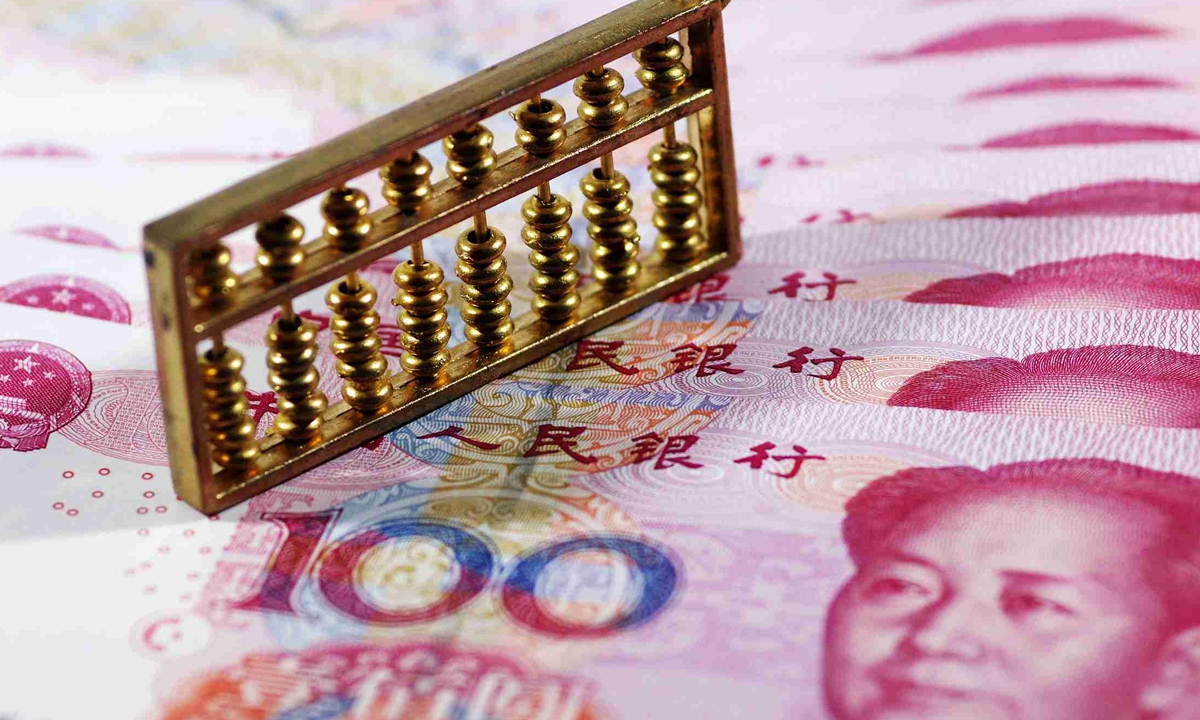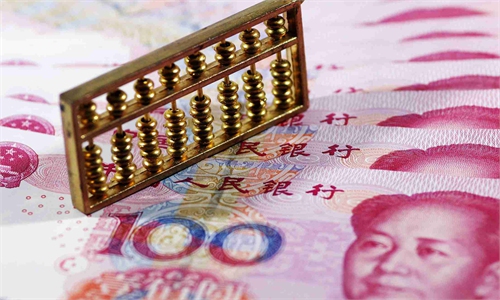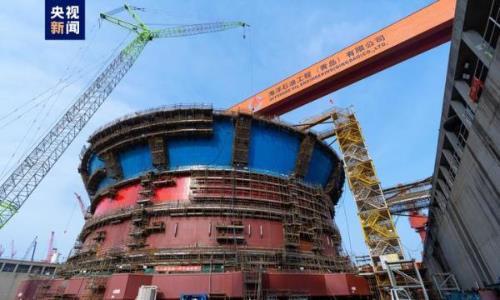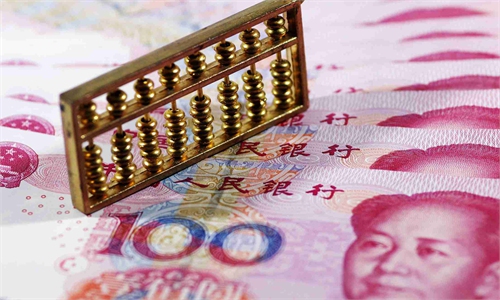
From January to September in 2023, the volume of cross-border yuan settlement hit 38.9 trillion yuan ($5.32 trillion), up 24 percent year-on-year, according to statistics released by People's Bank of China, the central bank, on October 27, 2023. Photo:VCG
The China National Petroleum Corporation (CNPC) recently completed a transaction settlement of 1 million barrels of crude oil with digital yuan, which analysts said marks a further step of the internationalization of the Chinese currency.
The batch of crude oil was purchased by CNPC via Shanghai Petroleum and Natural Gas Exchange (SHPGX), and the contract was made on October 19, SHPGX announced on Friday.
The completion of the settlement followed the Shanghai municipal government's call for enterprises to use digital yuan in international oil and gas trade, demonstrating a key step of progress in exploring cross-border yuan settlements, said SHPGX.
The digital yuan settlement was facilitated with the digital yuan wallet provided by the Bank of Communications.
Tu Hong, president of the Bank of Communications Shanghai branch, said that cross-border yuan settlements will reduce the reliance on the current international transaction network, further ensure security, lower costs and simplify the transaction process, according to media reports.
"The settlement will promote digital currency cooperation among central banks in various countries, and will greatly accelerate the internationalization of the yuan," Tu noted.
Since the beginning of 2023, SHPGX has facilitated multiple cross-border energy deals settled in yuan.
On October 17, CNOOC clinched a purchase contract settled in yuan with ENGIE's Singapore branch for 65,000 tons of liquid natural gas (LNG) scheduled to arrive at a Chinese port in November, according to the SHPGX.
Other energy trade deals, including LNG trade between China National Offshore Oil Corporation (CNOOC) and Total, between CNOOC and Pavilion Energy, as well as between CNPC and Gulf Cooperation Council members, were also settled in yuan earlier this year.
The latest CNPC deal was the first trade of crude oil using yuan settlements.
Latest data from the SWIFT system showed that yuan's share of international payments hit a record high of 3.71 percent in September, and the currency retained its position as the fifth most active for global payments, while total payments in yuan increased by 2.77 percent in terms of value compared with August.
From January to September in 2023, the volume of cross-border yuan settlement hit 38.9 trillion yuan ($5.32 trillion), up 24 percent year-on-year, according to statistics released by People's Bank of China, the central bank, on Friday.
Since the beginning of the year, there have been notable developments in the yuan's internationalization, such as surpassing the euro to become the second-largest currency in Brazil's foreign exchange reserves, Argentina's first-ever use of yuan to repay its foreign debts, and Pakistan's inaugural payment of Russian crude oil expenses in yuan.
The share of yuan payments in the global market has been increasing as China plays a more important role in cross-border trade, which has greatly diversified current payment methods in international business, Wang Peng, an associate research fellow at the Beijing Academy of Social Sciences, told the Global Times on Friday.
According to reports by the Xinhua News Agency, in October, Industrial and Commercial Bank of China (ICBC) Rangoon branch, Myanmar, opened its Cross-border Interbank Payment System, providing local users simplified yuan settlement services.
In addition, the ICBC Vientiane branch in Laos signed a cooperation contract with seven local banks and initiated yuan settlement services on Wednesday, further accelerating capital flow between China and Laos.
"Domestic currency settlement will largely facilitate the efficiency of bilateral business activities, and can also reduce the losses caused by complex currency exchange as well as upgrade asset allocation," said Wang.



